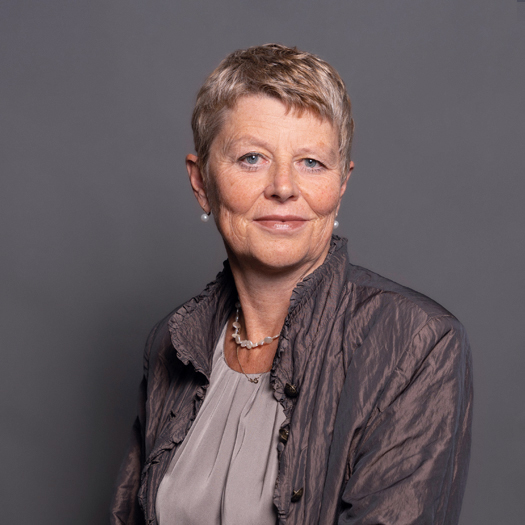Using the Green Industrial Revolution to Encourage Growth
EventsEuropean Evening at ZEW Mannheim
The European Green Deal is an ambitious climate action plan by the European Union. Its implementation leaves a number of questions unanswered. During the European Evening at ZEW Mannheim, Baden-Württemberg’s Minister of Science, Theresia Bauer, former EU Commissioner, Günther H. Oettinger, as well as the director of the Potsdam Institute for Climate Impact Research, Ottmar Edenhofer, and president of ZEW, Achim Wambach, discussed what exactly is needed in order for Europe to become carbon neutral by 2050. Due to the COVID-19 pandemic, an exclusive group of participants comprising 30 guests was permitted to attend the event in person. Individuals who were interested in the event, but were not able to physically attend, were still able to follow the opening ceremony of the closure of the SEEK research programme via a live stream from their screens at home. Journalist Johannes Pennekamp moderated the panel discussion at the event.
Under the motto “Green Deal for Europe – Green Industrial Revolution Post COVID-19?”, the panel discussion participants debated growth opportunities in Europe against the backdrop of the EU’s climate policy. The Green Deal currently presents Baden-Württemberg and its automotive industry with a challenge. “It should not be determined too early that the correct solution is in place,” said Theresia Bauer, Minister of Science, Research and the Arts of Baden-Württemberg. “We need to be open to technological ideas and also have the courage to develop scientific solutions.” The federal state government wants to tackle the green industrial revolution together with car manufacturers and suppliers. “It is essential that we also further develop higher education with regard to engineering training at a rapid pace,” Bauer also said.
ZEW leads in European research
The cause for the event was the closure of the international research programme “Strengthening Efficiency and Competitiveness in the European Knowledge Economies” (SEEK) after having been funded by the federal state of Baden-Württemberg for ten years. Wambach emphasised how SEEK has greatly advanced ZEW Mannheim. “We are now excellently positioned within the field of European research.” Thanks to SEEK, the institute has maintained a continual presence in Brussels and has become internationally connected with other research institutes. Oettinger, who collaboratively initiated the beacon project in 2010 also noted: “European expertise particularly has its place in Mannheim.”
Theresia Bauer, minister for science, acknowledged the scientific political advice that ZEW provides, not only within Baden-Württemberg but also nationally and in Europe. “SEEK played its part in helping ZEW to develop outstandingly. Although it is now coming to an end, its reputation has grown terrifically.” Bauer also made further announcements at the event. “We will attempt to construct an Innovation Campus in order to further strengthen the areas health and health economics in the metropolitan region.” The Rhine-Neckar Region has the potential to be an international model concerning health-related topics. “I would be very pleased if ZEW played an important role regarding this matter. The institute can make an important contribution here,” concluded Bauer.
The event was supported by the programme “Dialogue on the Economics of Climate Change” from the Federal Ministry of Education and Research.















